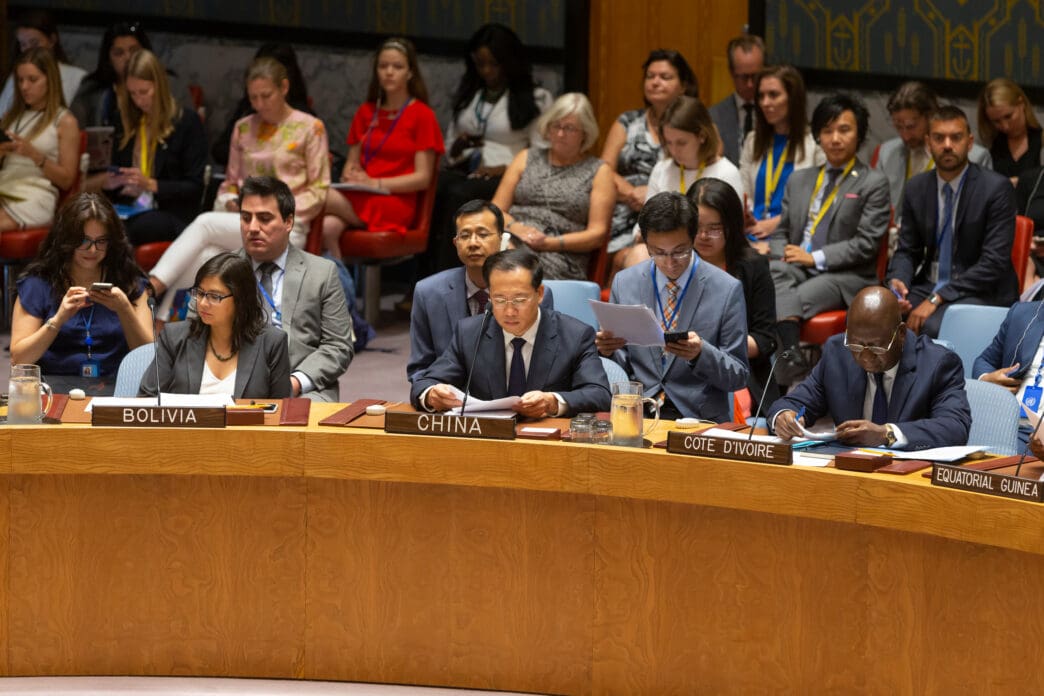Executive Summary
The Story So Far
Why This Matters
Who Thinks What?
The European Union has weighed into the escalating dispute over the 1971 United Nations Resolution 2758, asserting that the document, which led to Beijing assuming China’s seat from Taipei, focused solely on representation and did not mention Taiwan. This directly challenges China’s long-held assertion that the resolution provides international legal backing for its territorial claims over the self-governed island, an interpretation Taiwan views as a misleading pretext for potential invasion.
The EU’s Stance on Resolution 2758
An EU spokesperson clarified that Resolution 2758 is notably brief, comprising only 150 words, none of which refer to “Taiwan.” The resolution specifically concerned the transfer of representation in the United Nations from “the representatives of Chiang Kai-shek” to “the representatives of the Government of the People’s Republic of China.”
This clarification aligns with a similar position articulated by the U.S. State Department last week. Washington accused China of intentionally mischaracterizing and misusing the resolution as part of broader “coercive attempts to isolate Taiwan from the international community.”
Diverging Interpretations
China has consistently maintained that Resolution 2758 solidifies its claim over Taiwan, reiterating this position in a recent foreign ministry statement. Beijing views the resolution as a cornerstone of its “One China” principle, which asserts Taiwan is an inalienable part of its territory.
Taiwan, formally known as the Republic of China, asserts that Beijing’s interpretation is an attempt to create a false legal basis for a future military takeover of the island. Taiwan’s government fled to the island in 1949 after losing a civil war to Mao Zedong’s communists, retaining China’s UN seat until the 1971 resolution was passed, which recognized the People’s Republic of China as the sole legitimate representative of China.
International Responsibilities and Taiwan’s Outreach
The EU spokesperson also emphasized China’s special responsibility as a permanent member of the UN Security Council to uphold international law. This includes adherence to the United Nations Charter, the prohibition of the use of force, and the maintenance of international peace and security.
While no EU member state has formal diplomatic ties with Taiwan, the island’s foreign minister visited Europe twice last month, seeking increased support and highlighting the strategic importance of democratic Taiwan amidst rising tensions with Beijing.
Key Takeaways
The diverging interpretations of UN Resolution 2758 by China, Taiwan, and now the EU and U.S. underscore the ongoing international complexities surrounding Taiwan’s status. The recent statements from Brussels and Washington aim to counter Beijing’s narrative by clarifying the resolution’s original scope, focusing on diplomatic representation rather than sovereignty claims.








